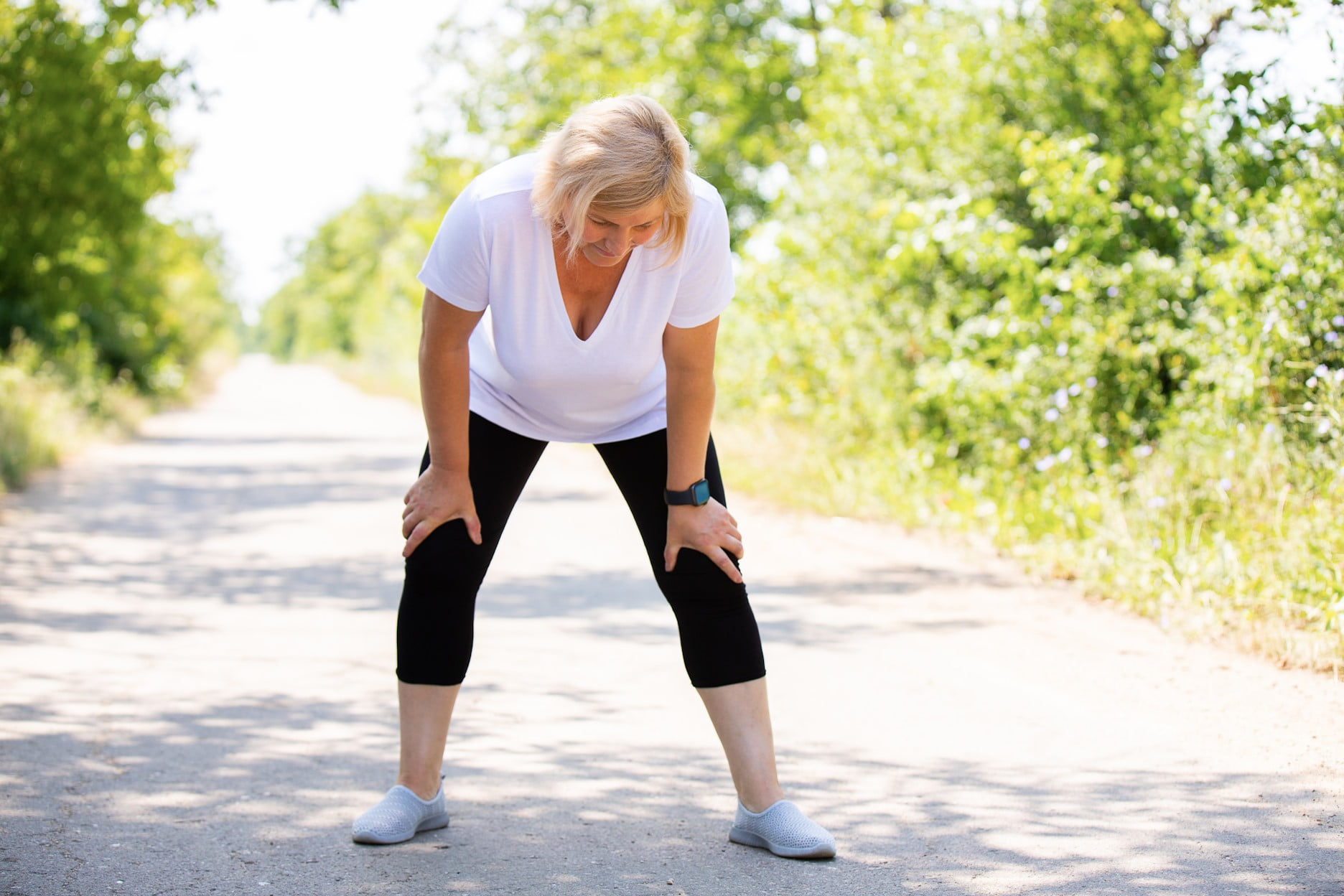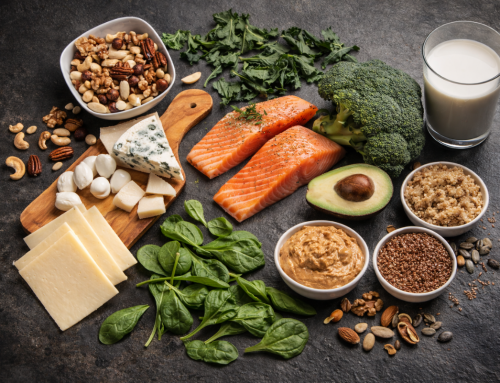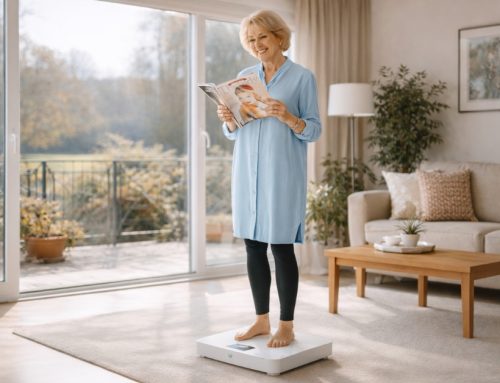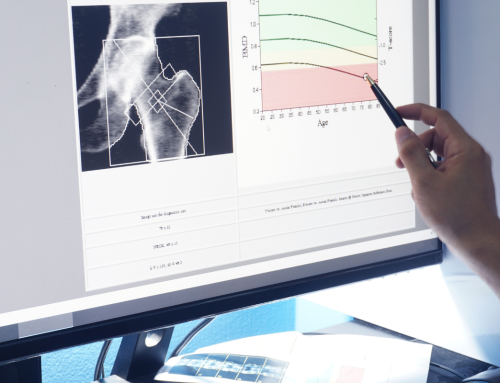
Osteoarthritis is one of the most common forms of arthritis, affecting millions of people worldwide. This degenerative joint disease primarily affects the cartilage, the smooth tissue that covers the ends of bones in a joint. Over time, the cartilage breaks down, leading to pain, swelling, and reduced motion in the joints. While several factors contribute to the development and progression of osteoarthritis, body weight plays a significant role. Understanding how body weight impacts osteoarthritis can help you take proactive steps to manage and improve your joint health.
Understanding Osteoarthritis
What is Osteoarthritis?
Osteoarthritis is a chronic condition characterized by the breakdown of joint cartilage and the underlying bone. This can result in pain, stiffness, swelling, and decreased joint function. Osteoarthritis most commonly affects the knees, hips, hands, and spine. It is often called "wear and tear" arthritis because it typically develops as people age, but other factors, including body weight, can accelerate its progression.
Symptoms of Osteoarthritis
The symptoms of osteoarthritis can vary from mild to severe and may include:
- Joint pain and tenderness
- Stiffness, especially after periods of inactivity or in the morning
- Loss of flexibility and range of motion
- Swelling around the affected joint
- A grating sensation or clicking sound when using the joint
The Connection Between Body Weight and Osteoarthritis
How Excess Weight Affects Joints
Excess body weight significantly impacts the development and progression of osteoarthritis. Every pound of extra body weight adds stress to weight-bearing joints, such as the knees and hips. For instance, carrying an extra 10 pounds can add up to 30-60 pounds of force on the knee joints with each step. This added stress accelerates the breakdown of cartilage, leading to increased joint pain and discomfort.
Inflammation and Fat Tissue
Beyond the mechanical stress, excess body weight also contributes to osteoarthritis through increased inflammation. Fat tissue produces inflammatory chemicals known as cytokines, which can further damage joint tissues and contribute to the pain and stiffness associated with osteoarthritis. This means that even non-weight-bearing joints, such as those in the hands, can be affected by obesity due to systemic inflammation.
Impact on Joint Replacement Surgery
Individuals with higher body weight are more likely to need joint replacement surgery due to severe osteoarthritis. However, obesity can complicate these surgeries, leading to higher risks of complications and poorer outcomes. Maintaining a healthy weight can improve surgical outcomes and reduce the need for joint replacement procedures.
Strategies for Managing Body Weight and Osteoarthritis
Healthy Eating Habits
Adopting a healthy diet is crucial for managing body weight and alleviating the symptoms of osteoarthritis. Focus on a balanced diet rich in fruits, vegetables, lean proteins, and whole grains. Some dietary tips include:
- Increase Fibre Intake: Foods high in fibre, such as fruits, vegetables, and whole grains, can help you feel full and reduce overall calorie intake.
- Limit Processed Foods: Avoid foods high in sugar, unhealthy fats, and refined carbohydrates, which can contribute to weight gain and inflammation.
- Stay Hydrated: Drinking plenty of water helps maintain overall health and can prevent overeating.
Regular Physical Activity
Exercise is essential for maintaining a healthy weight and managing osteoarthritis. Regular physical activity helps strengthen the muscles around the joints, improve flexibility, and reduce pain. Some exercise tips include:
- Low-Impact Activities: Engage in low-impact exercises such as walking, swimming, and cycling, which are gentle on the joints.
- Strength Training: Incorporate strength training exercises to build muscle and support joint stability.
- Flexibility Exercises: Activities like yoga and stretching can improve flexibility and reduce stiffness.
Weight Management Programs
For those struggling to lose weight, structured weight management programs can provide the support and guidance needed to achieve and maintain a healthy weight. These programs often include nutritional counselling, exercise plans, and behavioural therapy to help individuals make sustainable lifestyle changes.
Lifestyle Changes to Support Joint Health
Quit Smoking
Smoking has been linked to an increased risk of osteoarthritis and can interfere with the body's ability to repair joint tissues. Quitting smoking can improve overall health and reduce the severity of osteoarthritis symptoms.
Reduce Alcohol Consumption
Excessive alcohol consumption can contribute to weight gain and increase inflammation, exacerbating osteoarthritis symptoms. Limiting alcohol intake can support weight management and joint health.
Stay Active
Regular physical activity is crucial for maintaining joint health and preventing the progression of osteoarthritis. Aim for at least 150 minutes of moderate-intensity exercise per week, incorporating a mix of aerobic, strength, and flexibility exercises.
Monitor and Manage Medical Conditions
Conditions such as diabetes, hypertension, and cardiovascular disease can complicate the management of osteoarthritis. Regular check-ups and effective management of these conditions can improve overall health and reduce the burden on the joints.
Enhancing Joint Health with Innovative Solutions
Understanding the link between body weight and osteoarthritis is essential for managing and improving health and avoiding joint pain. By adopting healthy eating habits, engaging in regular physical activity, and making lifestyle changes, you can reduce the impact of excess weight on your joints and alleviate the symptoms of osteoarthritis.
For those seeking additional support, innovative technologies like the Marodyne LiV device offer a safe, scientifically established solution to enhance muscle strength, function, and circulation naturally. This low-vibration device stimulates muscles and bones gently and naturally, providing an effective way to support joint health and manage osteoarthritis symptoms.
Investing in the Marodyne LiV device can be a proactive step towards better joint health and an improved quality of life. Take control of your health today and contact Marodyne LiV to experience the benefits of enhanced muscle strength and circulation naturally and safely.
What’s your favourite activity to do for exercise? How do you support your joint health? Share your thoughts with our readers in the comments below.




 Black Friday → Christmas Sale! Save $300 + Free Shipping
Black Friday → Christmas Sale! Save $300 + Free Shipping 